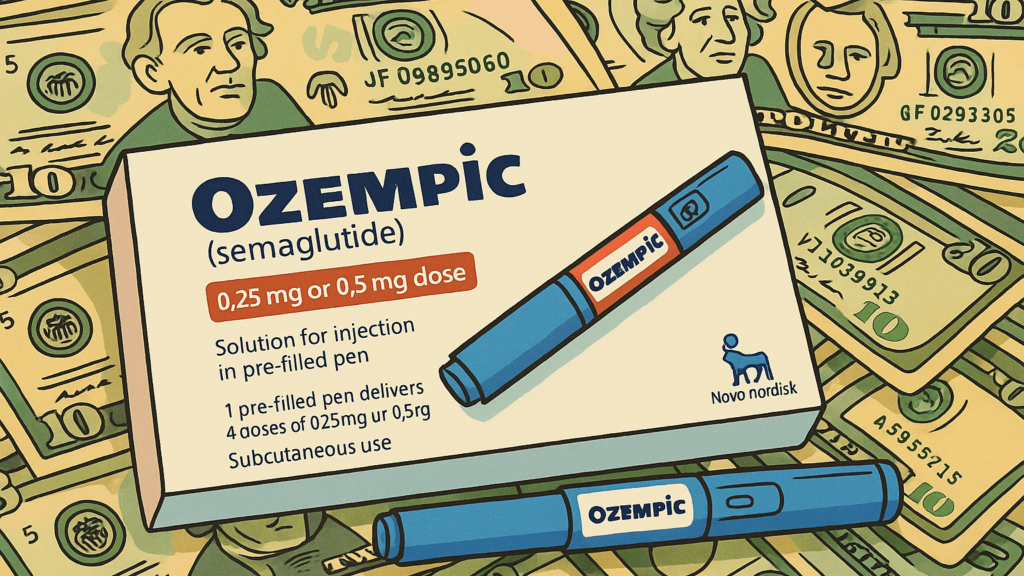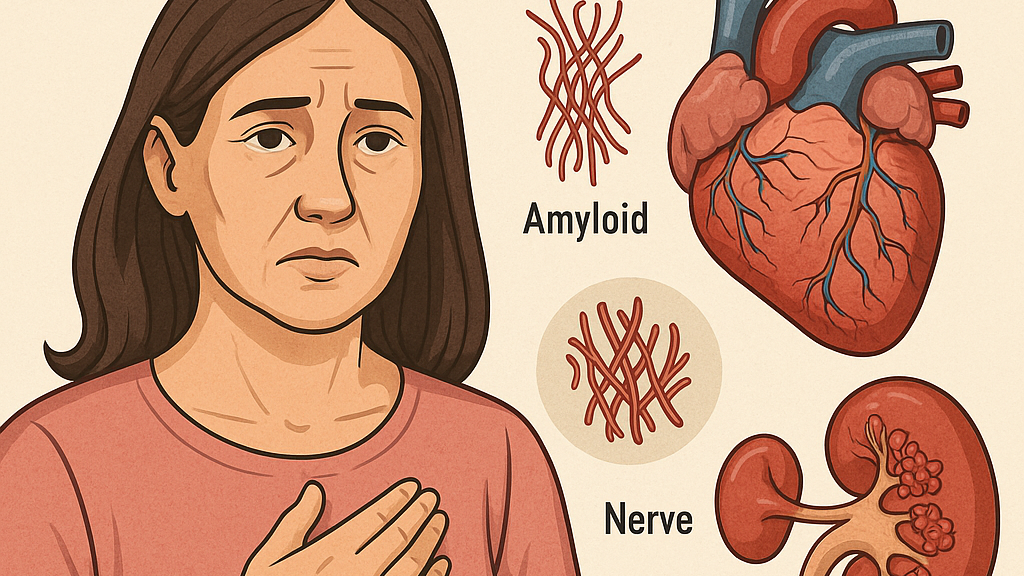RN Bridge Programs for LPNs – Learn While You Keep Working
What if you could earn your RN license without quitting your job, sacrificing your paycheck, or turning your life upside down? For thousands of Licensed Practical Nurses (LPNs), this isn’t a dream—it’s a growing reality. RN bridge programs, specially designed for working professionals, allow LPNs to build on their current credentials and transition into Registered Nurse (RN) roles while still maintaining their full-time work schedules.

Why More LPNs Are Taking the Leap to RN: There’s a reason this career bridge is getting so much attention. For many LPNs, the decision to become an RN is fueled by more than salary—it’s about growth, autonomy, and professional recognition. RNs typically have a broader scope of practice, meaning they’re trusted with greater responsibilities, more complex cases, and deeper patient interaction. That empowerment is often what sparks the leap.
Then there’s the financial side. The difference in earning potential between LPNs and RNs is significant. In some states, RNs earn upwards of $30,000 to $40,000 more annually, plus access to benefits, bonuses, and more advancement opportunities. In short, it’s not just a promotion—it’s a total transformation.
Flexible Formats Designed for Real Life: Unlike traditional nursing programs that require full-time attendance, bridge programs are created with the working nurse in mind. That means evening classes, weekend labs, online coursework, and hybrid schedules that don’t interfere with your current job.
Here’s how flexibility shows up:
- Online theory allows you to learn from home during off-hours.
- On-site clinicals can often be done at your current workplace.
- Self-paced modules let you adjust based on your energy, shift schedule, or family life.
- Transfer credit options mean you don’t retake what you already know.
It’s not just convenient—it’s strategic. These programs recognize that LPNs already have a valuable foundation in healthcare, so they don’t make you start from scratch.
What Will You Learn? (It’s More Than Just Clinicals): Bridge programs build on what you already do as an LPN but elevate it to the RN level. That means:
- Advanced pharmacology
- Nursing leadership and ethics
- Complex patient assessments
- Critical care scenarios
- Mental health nursing
- Community and public health roles
You’ll also be trained in decision-making, leadership, and documentation standards that RNs must master. And because you’re applying these skills in real-time—often at your current job—your learning becomes practical, not just theoretical.
Real Nurses. Real Results: Meet Vanessa. She’s a 34-year-old LPN from Texas who juggled work, motherhood, and study. “I couldn’t imagine going back to school full-time,” she said. “Bridge programs were my lifeline. I studied at night, watched lectures on weekends, and slowly chipped away at my courses.”
In just under two years, she passed the NCLEX-RN and now works in labor & delivery at the same hospital she started in. “My coworkers were so supportive—they watched me evolve, and now I get to mentor other LPNs.” There are thousands of stories like Vanessa’s. From small towns to big cities, LPNs are quietly making powerful career moves with support from programs designed for real life—not fantasy.
The NCLEX-RN: Your Final Step
The final step in your bridge journey is passing the NCLEX-RN. This nationally recognized exam is what gives you the legal authority to practice as a registered nurse. The good news? Bridge programs often integrate NCLEX prep into their curriculum. From simulation labs to online practice questions, you’ll get the support and repetition needed to pass the exam with confidence. Pro tip: Your real-world experience as an LPN gives you an edge. You already think like a nurse—you just need to take it to the next level.
Common Questions Answered
Q: Do I need to leave my job to attend a bridge program?
No. Most programs are tailored specifically for working LPNs and offer flexible or part-time options.
Q: Will my LPN experience count toward credit?
In many programs, yes. You may be able to test out of basic courses and move directly into RN-level content.
Q: How long does it take?
Bridge programs usually last 12 to 24 months, depending on your schedule. Accelerated programs are available, but most nurses choose a steady pace.
Q: Are there online-only programs?
Yes—but they typically include in-person clinicals. Many programs let you complete those at your current healthcare facility.
The LPN to RN Transition: More Than a Title: Becoming an RN is not just about job change—it’s about career evolution. It’s about the respect that comes with the title, the independence in patient care, and the freedom to specialize in fields like:
- Emergency Room
- Intensive Care Unit (ICU)
- Surgery
- Pediatrics
- Home Health
- Case Management
- Nursing Education
- Mental Health & Substance Use
In Conclusion: Your Career. Your Timeline. Your Terms. Bridge programs are proof that career growth doesn’t have to be all or nothing. You can stay in your job, maintain your income, care for your family—and still pursue your dream of becoming an RN. It’s about fitting school into your life, not the other way around. And more importantly, it’s about empowering the nurse you already are to reach new levels of skill, influence, and income.







